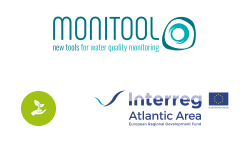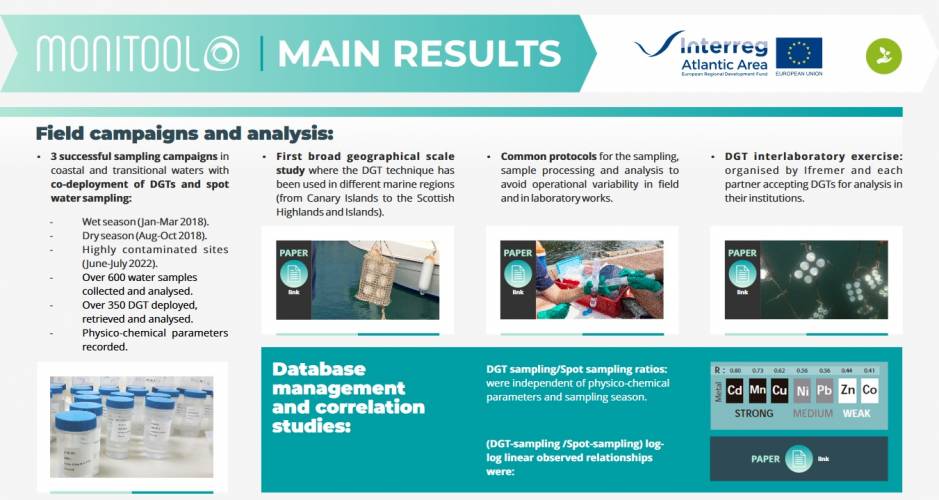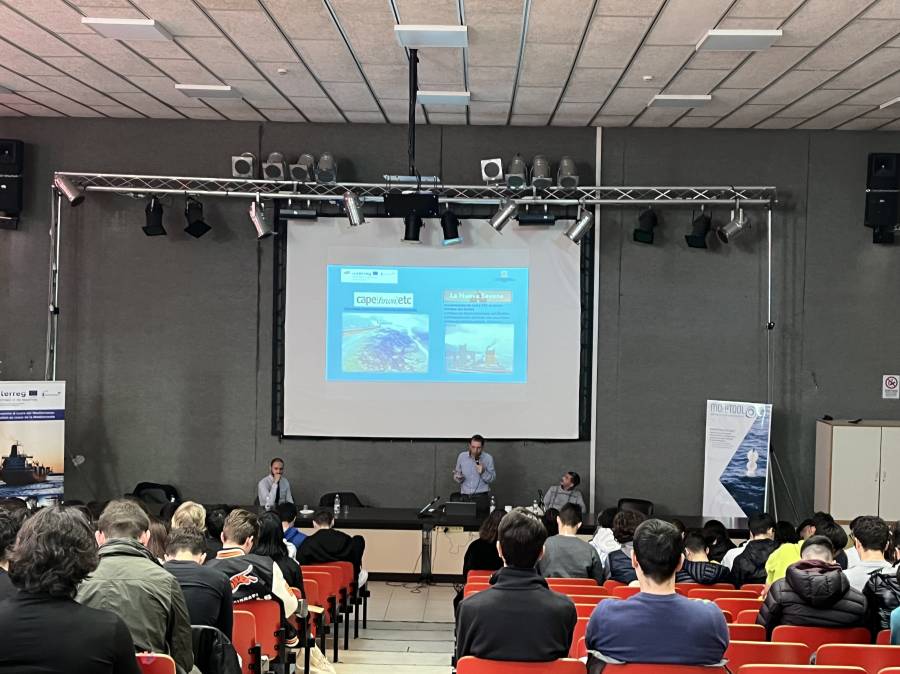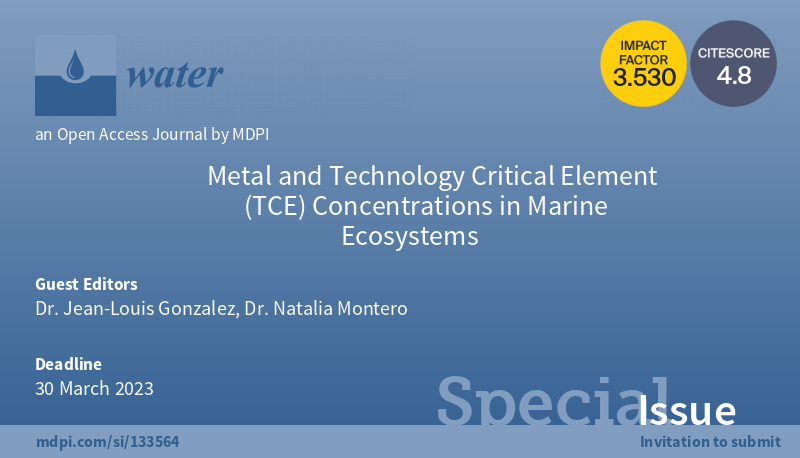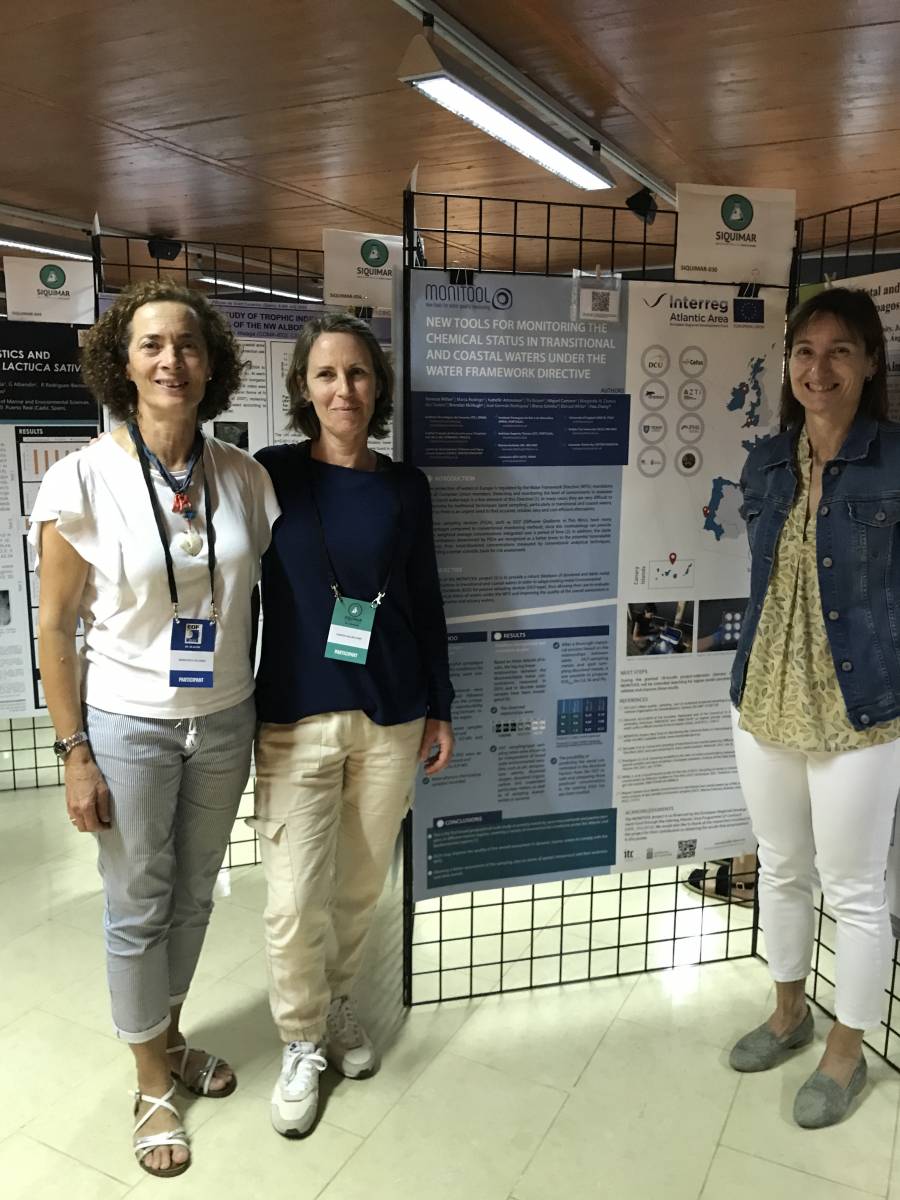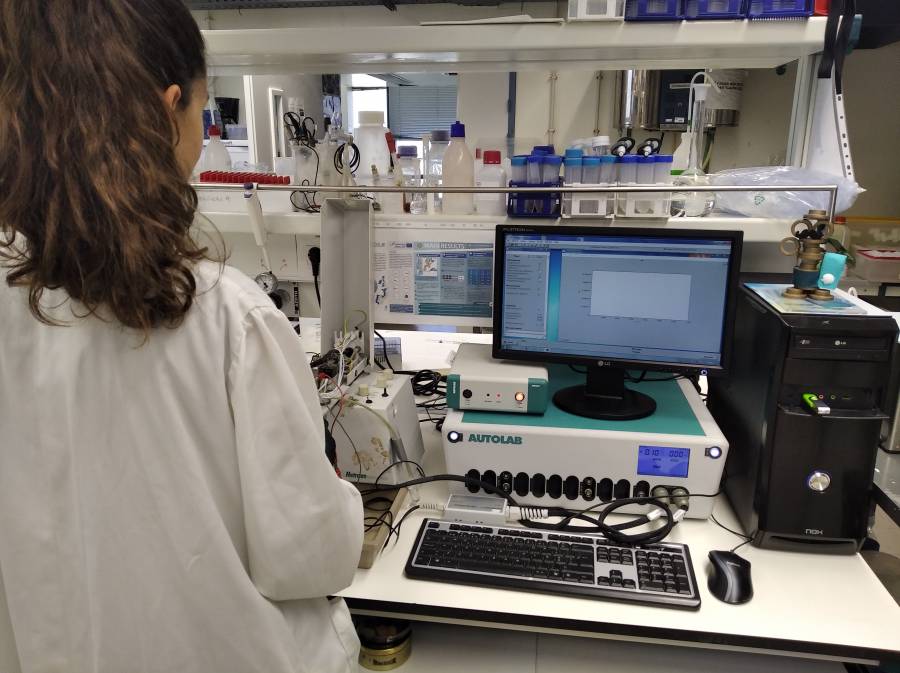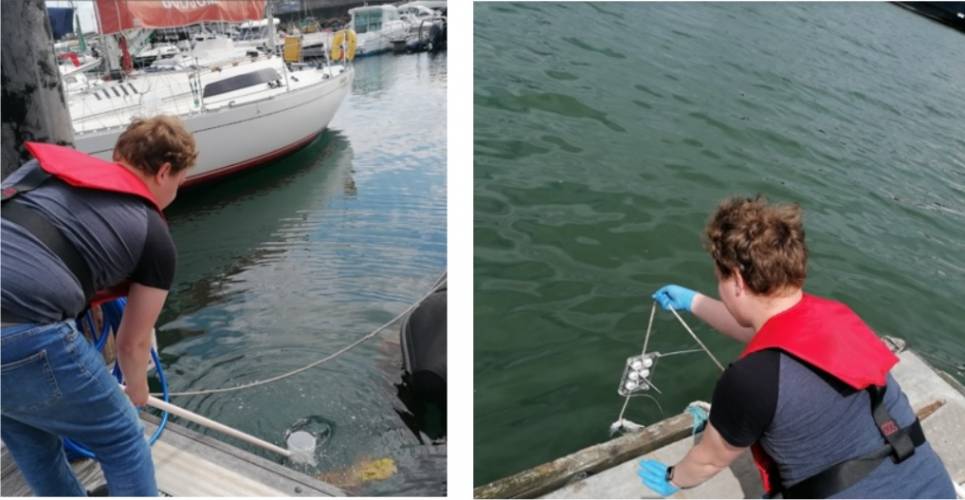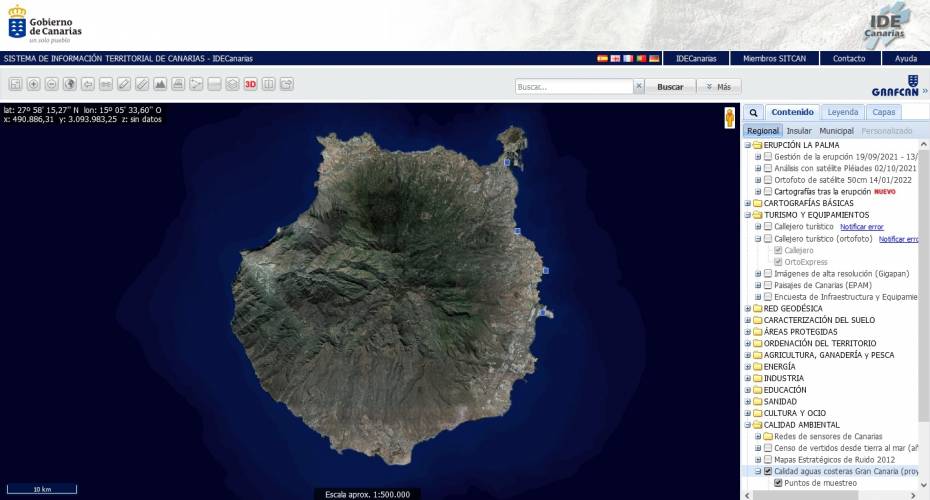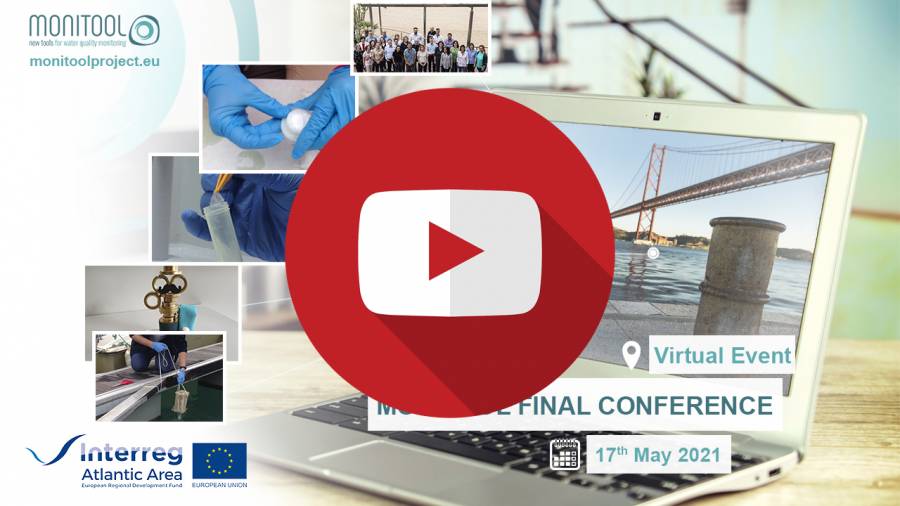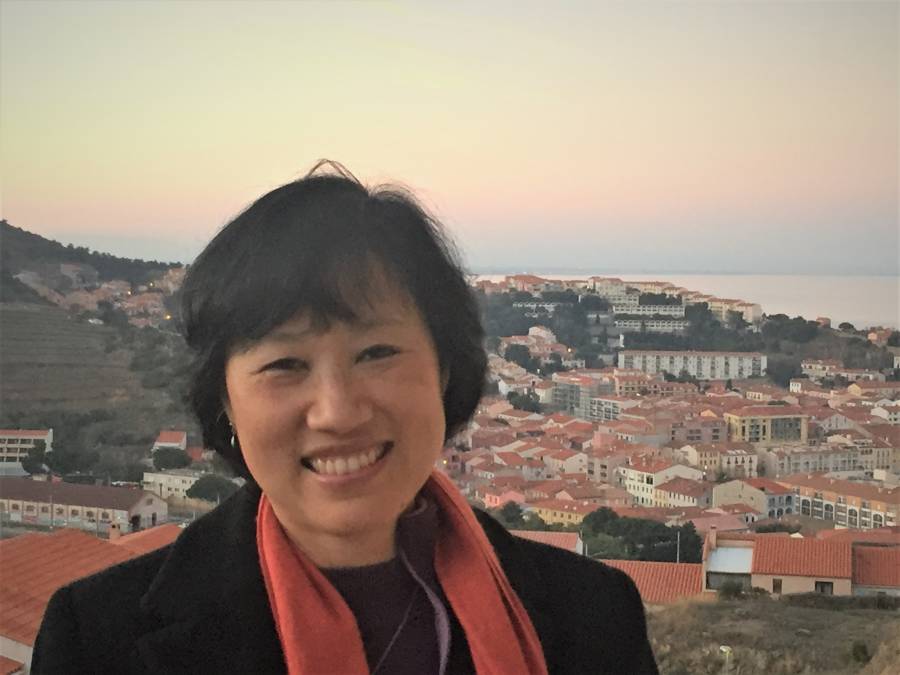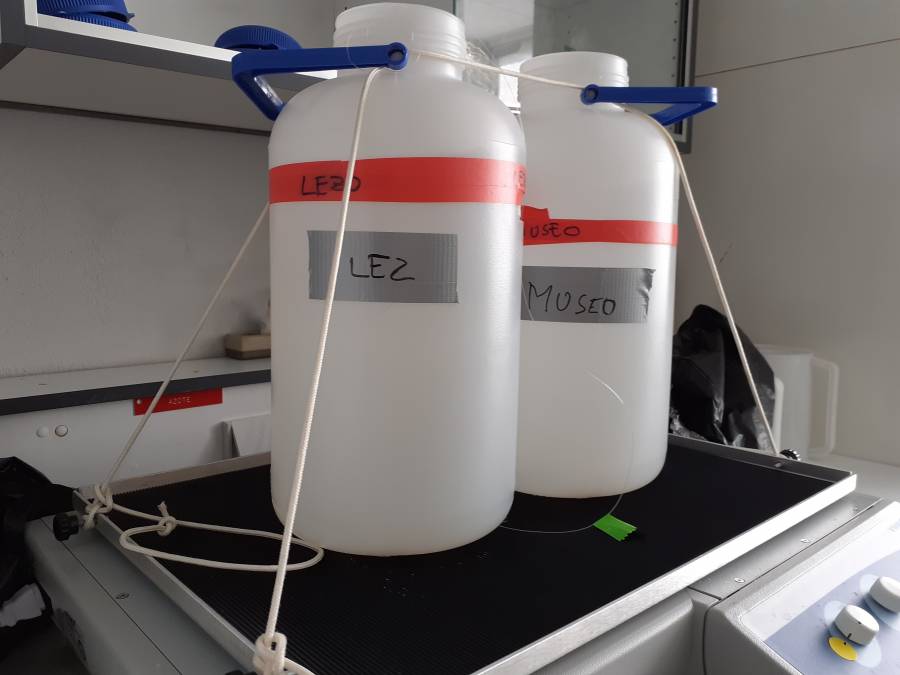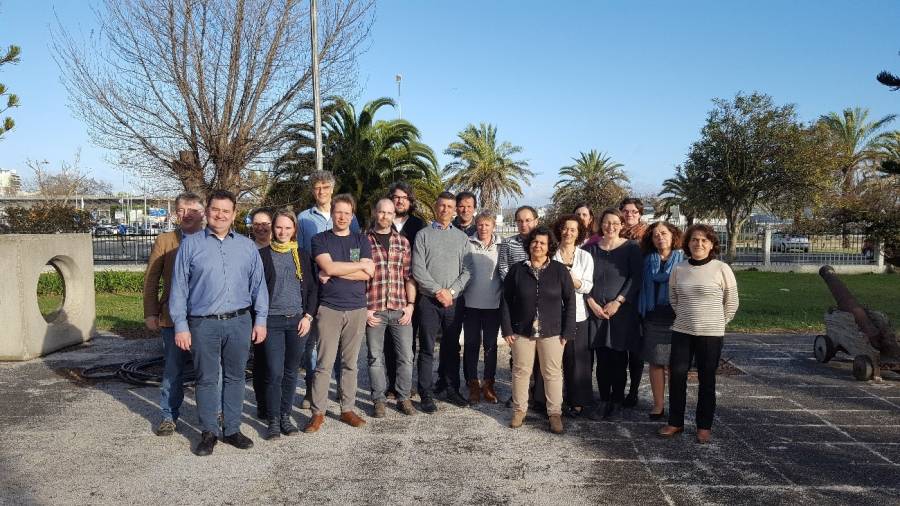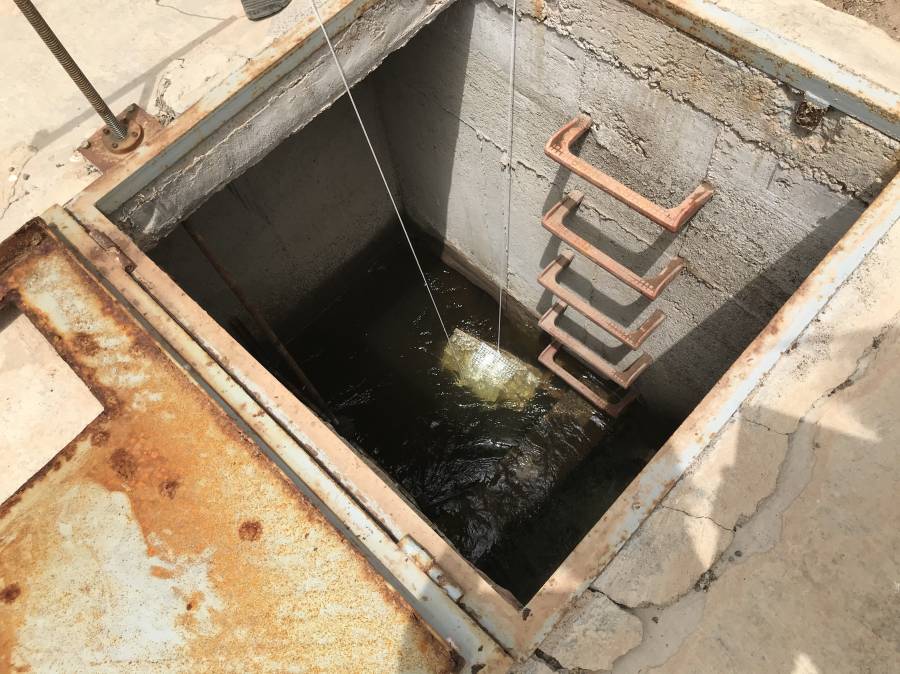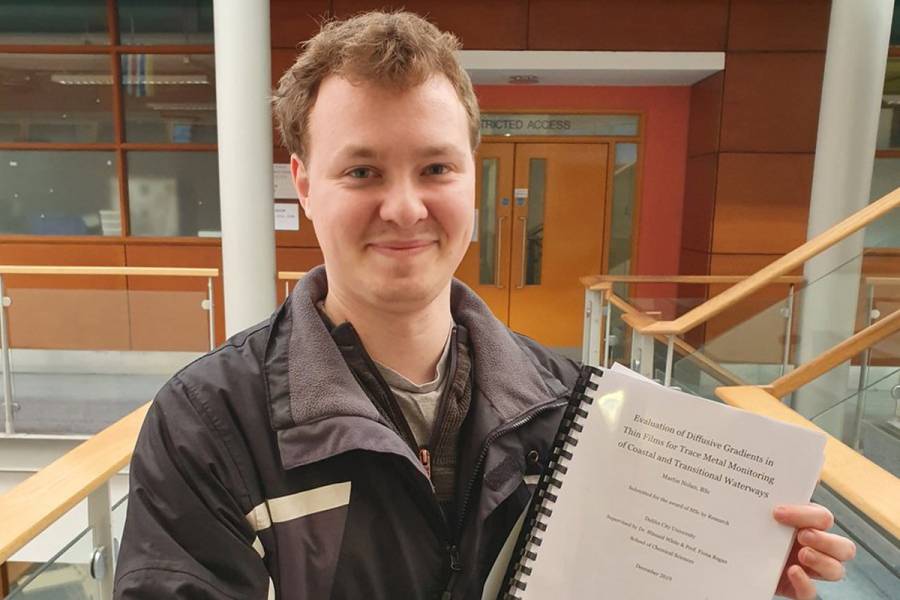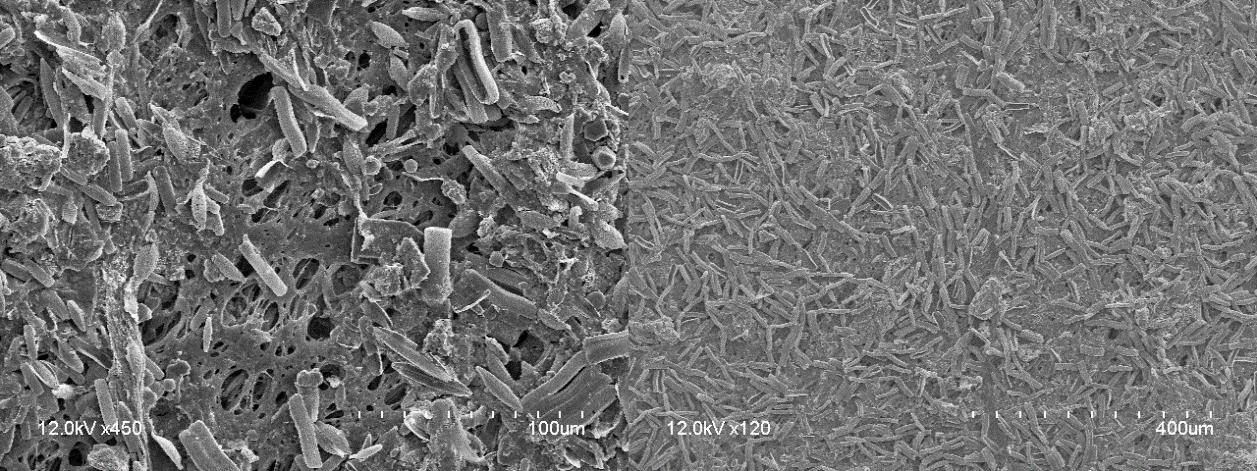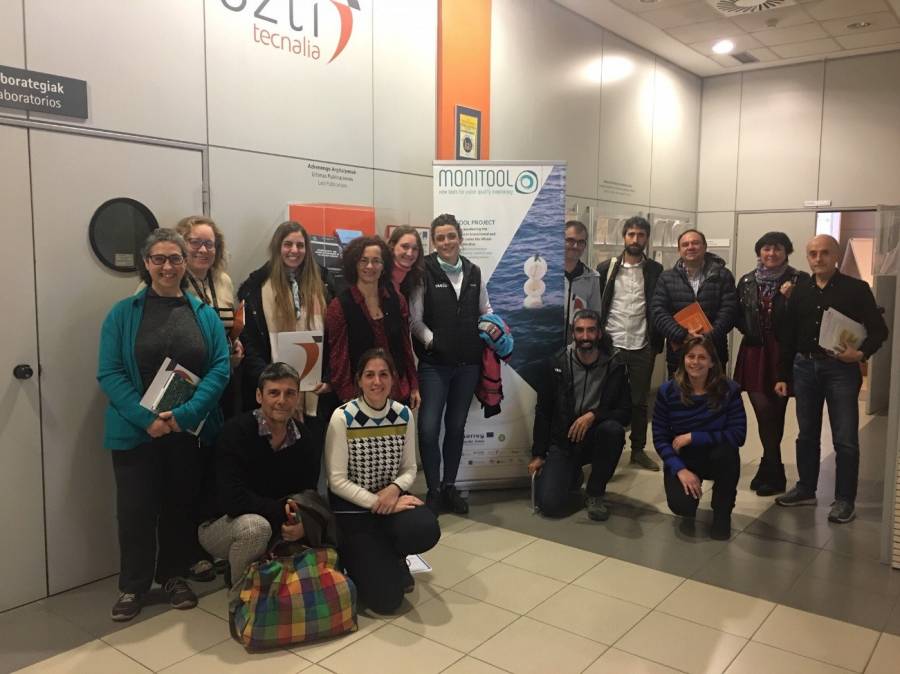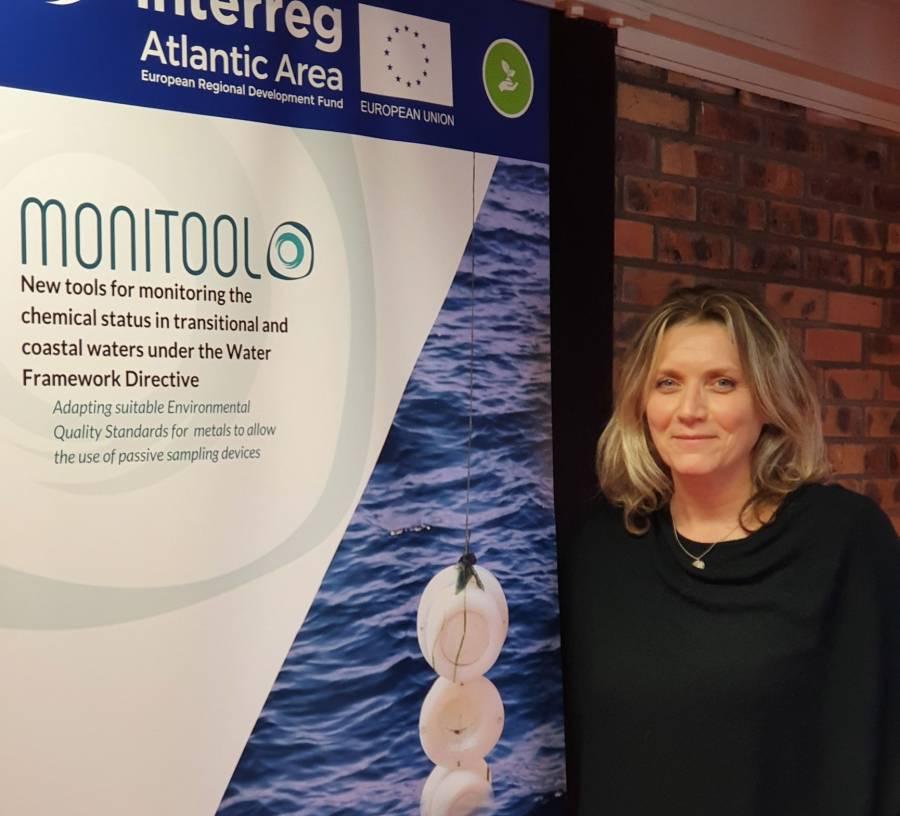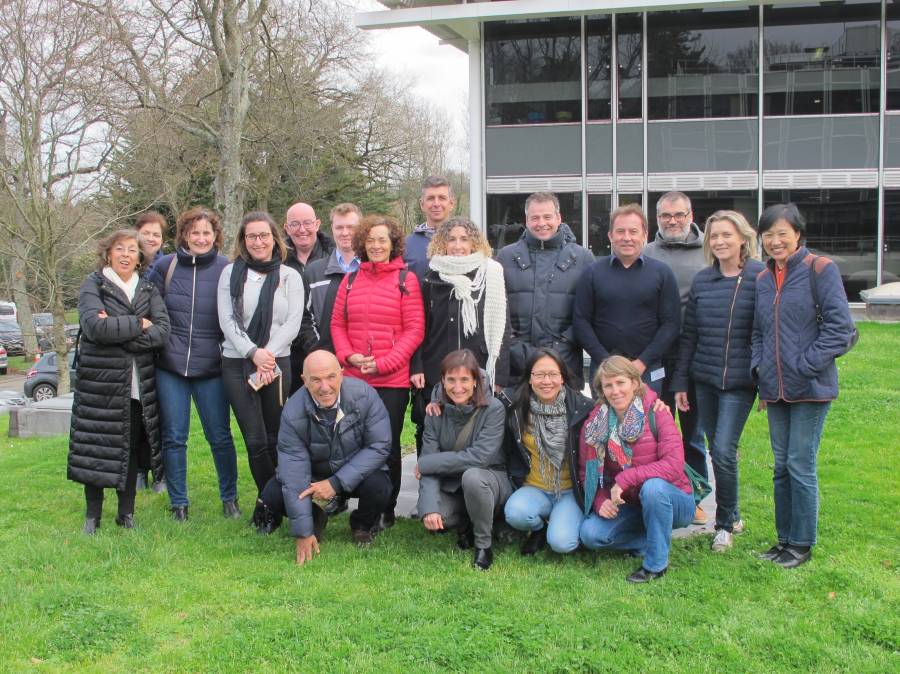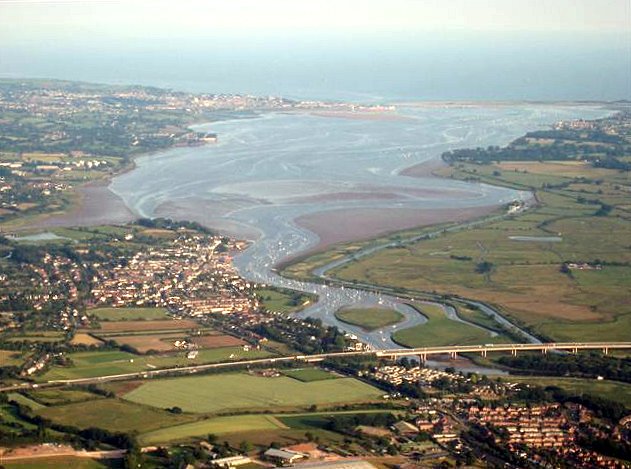
Last EEA report shows the importance of Water Framework Directive (WFD) to keep and improve waters quality in Europe
European Environment Agency (EEA) has published a report which gives an updated health check over European surface and groundwater bodies, showing the good general status of waters on the continent and the big challenges remain. Implementation of European water legislation has ensured this improvement, “but much more needs to be done”.
Only 40% of monitored lakes, rivers, estuaries and coastal waters achieved the EU Framework Directive’s minimum ‘good’ or ‘high’ ecological status during the 2010-2015 monitoring period. However, EEA remembers the importance of having a framework directive on this area to continue improving this qualifying. “Thanks to the implementation of European water legislation in the Member States, the quality of Europe’s freshwater is gradually improving” said Karmenu Vella, EU Commissioner for Environment, Maritime Affairs and Fisheries.
She also mentioned that is still much more needs to be done, before all lakes, rivers, coastal waters and groundwaters bodies are in good status. Hans Bruyninckx, EEA Executive Director says that “we must increase efforts to ensure our waters are as clean and resilient as they should be”.
For this purpose, projects as MONITOOL could help finding suitable Environmental Quality Standards (EQS) by passive sampling, an accurate, reliable, easy and cost-efficient alternative to conventional monitoring in order to improve and facilitate de chemical status assessment of waters, under the WFD.
The report shows that mercury continues being found in water samples, followed by cadmium (one of the metals considered in MONITOOL project). However, the invest of many Member States in better ecological and chemical monitoring programmes and the Water Framework Directive management, is increasing the availability of information and providing a much better understanding of status of waters.
Source of information: https://www.eea.europa.eu/highlights/european-waters-getting-cleaner-but



